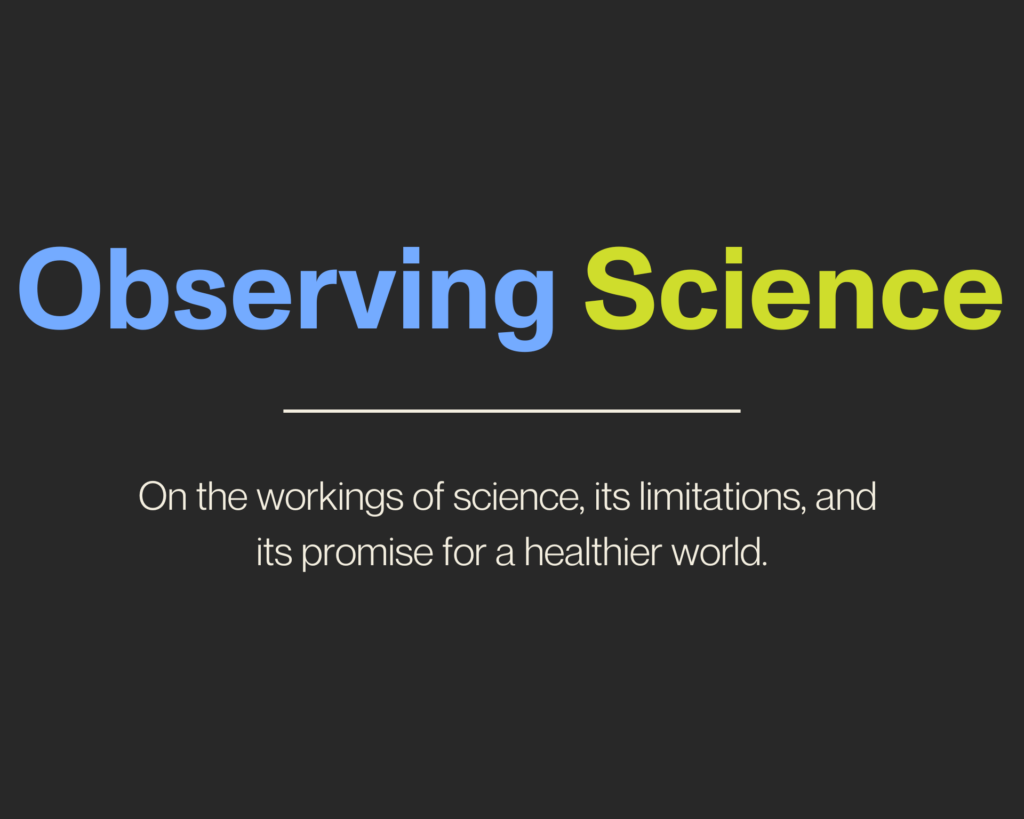Diet and Erectile Dysfunction
Since ED and cardiovascular disease are correlated, known strategies to prevent cardiovascular disease—for instance, the Mediterranean diet—might also help prevent ED.

Read Time: 3 minutes
Published:
As many as 30 million men in the United States experience erectile dysfunction (ED). While the television advertisers for ED medications focus on the vigor of sufferers, ED may actually be a warning sign for cardiovascular disease and other serious chronic health conditions. Men experiencing ED have more heart attacks and more surgeries for coronary artery disease than other men. Since ED and cardiovascular disease are correlated, known strategies to prevent cardiovascular disease might also help prevent ED.
Consider the Mediterranean diet. Residents of Mediterranean countries primarily eat diets of fish, fruits, and whole grains. Adopting this diet (even while living in the United States) in place of one high in sugar, red meat, and trans fat can slow the progression of cardiovascular disease.
Some research has shown that eating healthier diets like the Mediterranean can reduce ED. Scott Bauer and colleagues sought to better understand this relationship by analyzing data from the Health Professionals Follow-up Study. The Health Professionals Follow-up Study surveyed 21,469 male physicians every four years from 2000 to 2012. The surveys asked questions about types of food eaten and experiences of ED in the years leading up to each survey. The researchers determined whether a dietary pattern was Mediterranean or not by assigning and adding up points for food eating patterns that are similar to the Mediterranean diet. They excluded men reporting stroke, diabetes, or cardiovascular disease at the start of the study so that they could isolate the impacts of diet on ED alone.
New cases of ED occurred most often among men who were older than 60. Regardless of age, those whose diets were most similar to the Mediterranean diet experienced ED the least.
New cases of ED occurred most often among men who were older than 60. Regardless of age, those whose diets were most similar to the Mediterranean diet experienced ED the least.
Some men believe masculinity comes from the way you eat—“real men eat steak.” For these men, any effort to prevent or treat cardiovascular disease might fall on deaf ears if it requires giving up “masculine” foods. Bauer’s study suggests that a better strategy could be to highlight the impacts of diet on sexual performance. This repackaging of messaging to target risk of ED might be a big enough threat to self-identity to effectively motivate the desired behavior change. Might the new TV ads for ED feature fruits and grains instead of pills?
Photo via Getty Images



